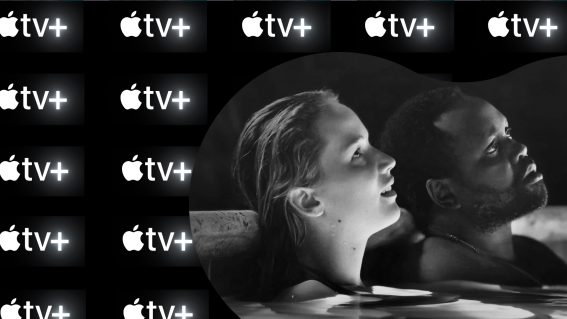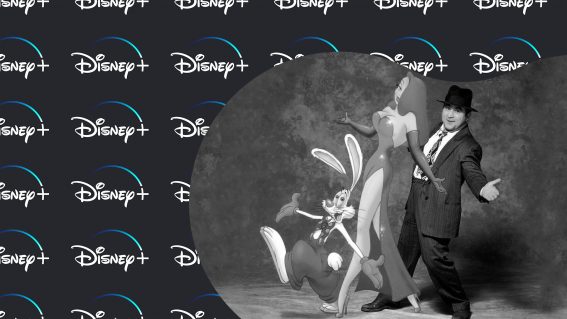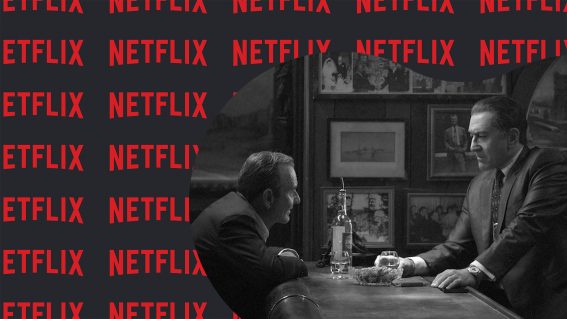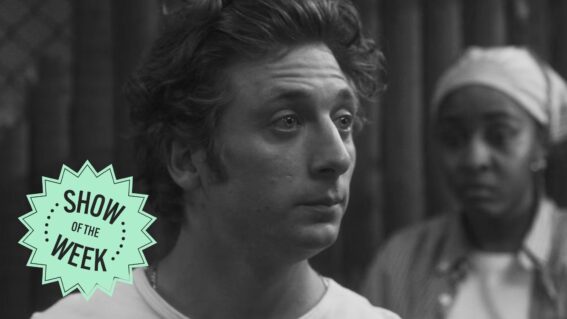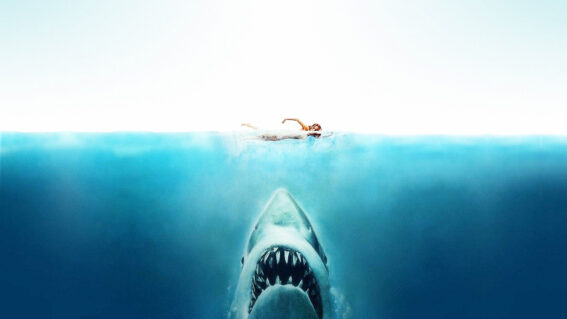Craven cash-grab? What to make of Sony’s Spider-Man Universe
A colourless, weightless, and turgid flop, Kraven the Hunter is a timely reminder to studios that you get what you pay for.
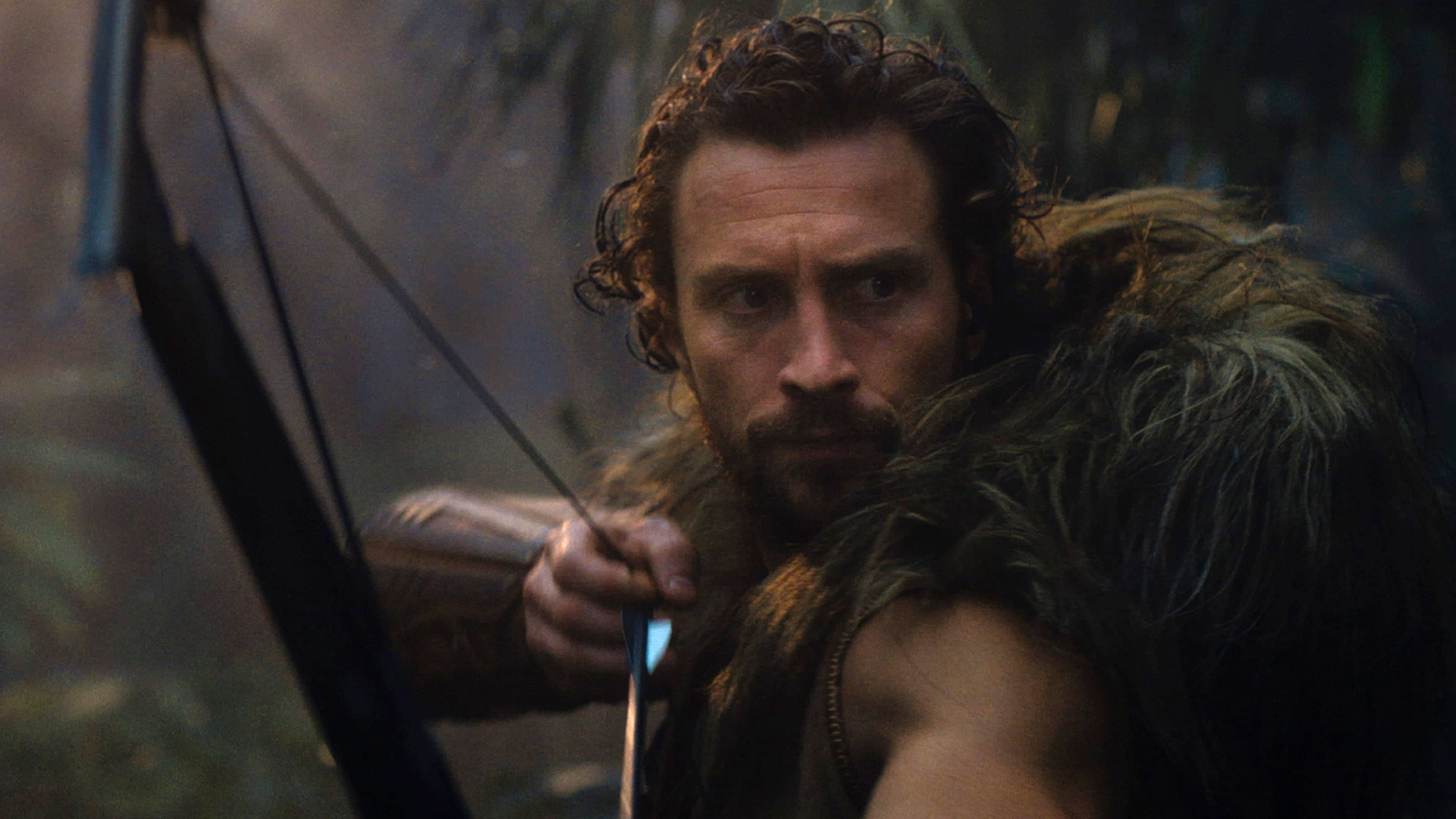
With Kraven the Hunter‘s lacklustre performance at this weekend’s box office, Rory Doherty looks back at Sony’s Spider-Man Universe.
In 1998, Sony Pictures were offered the chance to buy the rights to every Marvel character, but decided only to purchase those for Spider-Man and his amazing friends.
If Cassandra Webb, the clairvoyant protagonist of Madame Web, was present for this acquisition, she could have foretold grim entertainment future: the wealthiest studios procedurally releasing half-hearted extensions to their IP in an attempt to make them as valuable as possible, while everyone else scrambles to make easy cash with the less lucrative properties they acquired in some contract signed in a more innocent, less stagnated time. She probably wouldn’t need to tell us that Kraven the Hunter—the latest and potentially final chapter in Sony’s Spider-Man Universe that makes a cartoonish Spider-Man villain a brooding, boring vigilante in a greyscale revenge film—isn’t very good at all.
Kraven isn’t just another colourless, weightless, and turgid excavation of the weak intellectual properties bandying about in Sony’s vault, it’s also the longest of the six films in Sony’s Spider-Man Universe (SSU). For two hours, Sergei Kravinoff (Aaron Taylor-Johnson) hates his dad (Russian oligarch Russell Crowe), loves his younger brother Dmitri (Fred Hechinger), and does anything to protect his sibling from his dad or the assortment of super-enhanced villains angling for his dad’s empire (Alessandro Nivola as The Rhino, and Christopher Abbott as The Foreigner).
Kraven the Hunter feels suspiciously like a workprint—a rough post-production version sat on an editing timeline before receiving the finalised sound mix, score, and colour grading—but most offensive is its dullness. The film is reluctant to muster one interesting interpretation of the ridiculous, ferocious character, asking us to accept the most compromised rendition of a cartoon huntsman without giving us excitement, intrigue, or charm in return. Kraven’s non-reception at this weekend’s box office is a timely reminder to the studio giant that you get what you pay for.
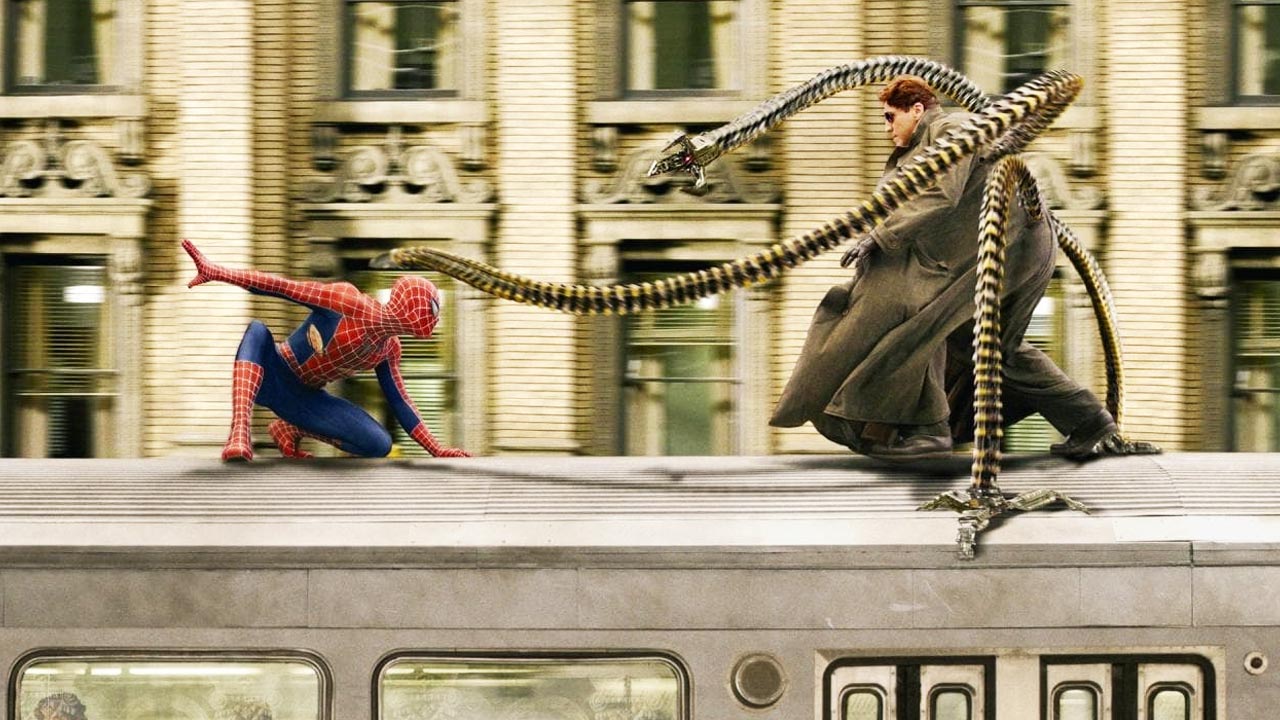
Spider-Man 2
Sony has been chasing the highs of Sam Raimi’s Spider-Man trilogy for years, and have only come close with the animated Spider-Verse films. As Tom Holland’s Peter Parker took flight as an Avenger, Sony realised there was nothing stopping them capitalising on all the B- and C-tier other character rights they still owned. Granted, something should have probably stopped them, but the financial success of the Venom films bankrolled not only a Tom Hardy and cheeky symbiote trilogy (which just wrapped up with The Last Dance), but a whole cinematic universe of supporting characters and reformed villains who never directly discuss our friendly neighbourhood webslinger—which they were never forbidden from doing in the first place.
When we say “a whole cinematic universe”, we’re talking about three standalone flops: Morbius, Madame Web, and Kraven the Hunter. While it may feel too soon for us to write off the Aaron Taylor-Johnson action film, Sony has reportedly not shown the same hesitance; the predicted disaster of the Russian hunter-turned-vengeful assassin film means that no more of these misguided spin-offs will be developed. The Venom movies are not exempt from the flaws of these standalones, but they are elevated by a) there being an audience for them and b) Tom Hardy being part of that audience. His enthusiasm for making the most out of Venom’s cartoony charisma and liquid physicality gives the trilogy a sense of energy, if not a cohesive structure.
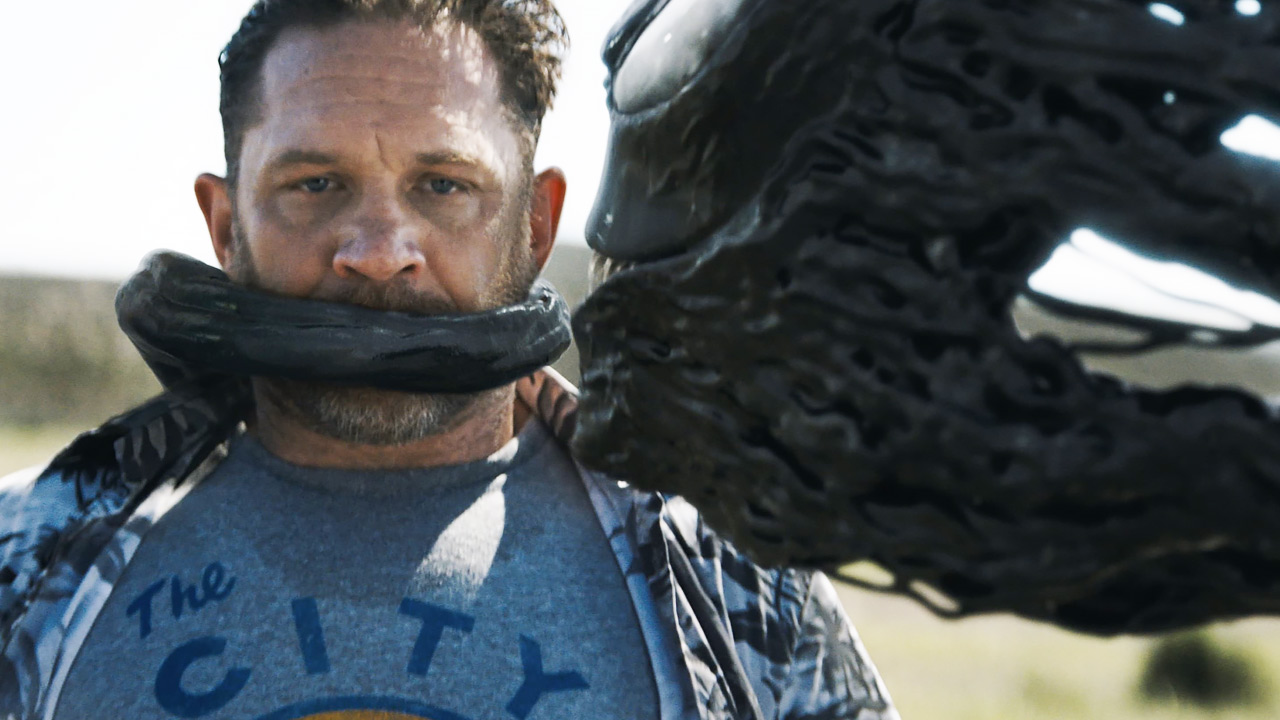
Venom: The Last Dance
What’s so bad about the spin-offs, aka The Tedious Three? Aside from being the products of a depressingly calculated corporate drive, there’s a uniform ineptitude to the filmmaking craft, despite talented directors like S.J. Clarkson and J.C. Chandor in the director’s chair. Obviously the visuals of MCU films leave a lot to be desired, but our ability to get as invested in SSU’s characters as we did Tony Stark and Steve Rogers is undermined by major characters speaking in jarring ADR in between disorienting cuts.
If we can get past all that, our main characters are all homogenised into the blandest story arcs—an attempt by the producers to make the niche characters as digestible as possible. But these stories are digestible to the point of not being solid, filled with nothing characters plotting hackneyed schemes, all wearing some bland, grounded variation of their comic costume that leaves us with a bunch of well-dressed actors talking nonsense about power, instead of being the most colourful and exciting adventure films of the year.

Madame Web
Even though they flopped at the box office, Morbius and Madame Web each received a viral treatment that the online crowd seems too exhausted to give Kraven as it limps into cinemas. What’s there to meme? If anything, we’ve been far too generous with our free marketing for the SSU. These films, planned five at a time, have tapped into the cinematic universe braintrust and decided that audience demand and reaction is not a necessary factor to film development, ignoring the vitriol that the non-Venom standalones receive until three of them have flopped and nobody with power or money has learned anything.
But superhero movies still think they deserve to exist at the same rate as pre-pandemic, and long after Marvel and DC have been put on ice, Sony will be cluelessly chasing trends and expecting the same results for inferior work—we don’t need Cassandra Webb to confirm this. Sony’s Spider-Man Universe may be over, but it will never die.











